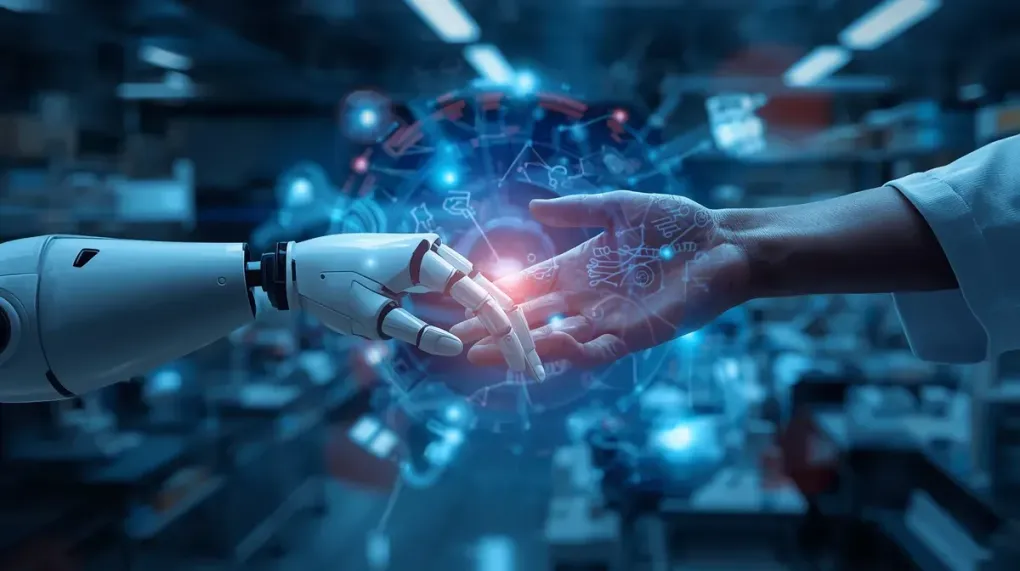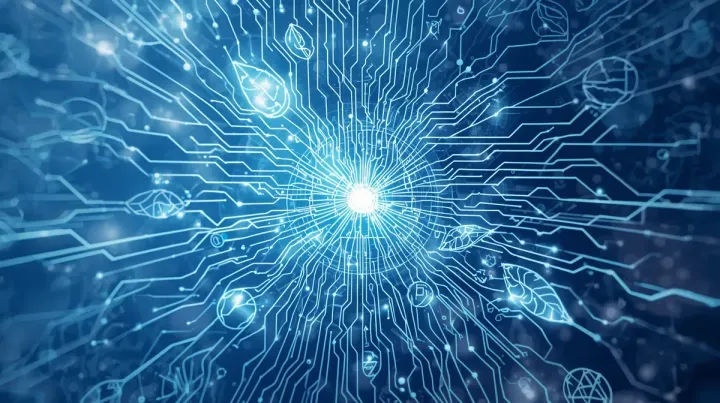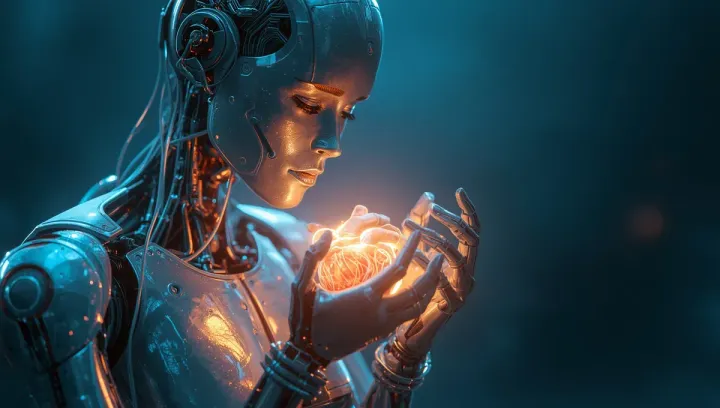
AI as a Lab Partner: Revolutionizing Scientific Discovery
For centuries, scientific discovery has been a fundamentally human endeavor, driven by curiosity, intuition, and painstaking experimentation. But that’s changing. Artificial intelligence is rapidly transitioning from a background tool for crunching numbers to a foreground partner in the quest for knowledge. As highlighted in recent discussions at MIT and Google, AI is not just speeding up science; it’s fundamentally reshaping the process of discovery itself.
Beyond Data Analysis: AI as a Source of Inspiration
We’ve grown accustomed to AI’s ability to find patterns in massive datasets. But the new frontier is its capacity to synthesize information and generate novel ideas. Initiatives like FutureHouse, co-founded by MIT alumni, are developing specialized AI agents (like Crow and Falcon) that can sift through vast libraries of scientific literature to answer complex questions in minutes, a task that could take a human researcher weeks.
This is a profound shift. We are moving from using AI to answer our questions to having AI help us formulate better questions, identify gaps in current knowledge, and suggest new avenues of research.
The Rise of the Autonomous Scientist
The ultimate expression of this trend is the autonomous scientist—an integrated AI and robotics system capable of executing the entire scientific cycle. This is no longer science fiction.
- At Berkeley Lab’s A-Lab, AI algorithms propose new chemical compounds, and robots autonomously prepare and test them, dramatically shortening the development cycle for new materials.
- Google’s AI co-scientist project demonstrated a system that can understand a high-level research goal, formulate hypotheses, and design experimental protocols to test them.
- Carnegie Mellon’s Coscientist was the first AI-driven platform to independently design, plan, and execute a chemistry experiment based on a simple natural language request.
These systems aren’t about replacing human scientists but augmenting them. They are tireless lab assistants that work 24/7, running simulations, testing materials, and analyzing results, freeing up human intellect for the creative, conceptual leaps that drive science forward.
The Human Element and Ethical Questions
As AI becomes a more autonomous partner, it raises critical questions about the role of human scientists and the nature of discovery itself. If an AI designs an experiment and uncovers a new principle, who gets the credit? How do we ensure the AI’s “reasoning” is sound and not just a statistical artifact?
There are also significant ethical considerations. The same AI that can design a life-saving drug could potentially be used to design a dangerous new toxin. Ensuring that AI is used for the benefit of all humanity requires a conscious effort to steer its development with ethical guardrails.
Furthermore, the “black box” nature of some AI models presents a challenge to scientific principles of transparency and reproducibility. If we can’t understand how an AI arrived at a conclusion, can we truly trust it? This is why interdisciplinary collaboration between AI developers, domain experts, and ethicists is crucial to build systems that are not only powerful but also interpretable and aligned with human values.
The future of science will be a partnership. AI will undoubtedly accelerate discovery, but the ultimate direction—the “why”—will, and must, remain a fundamentally human question.


